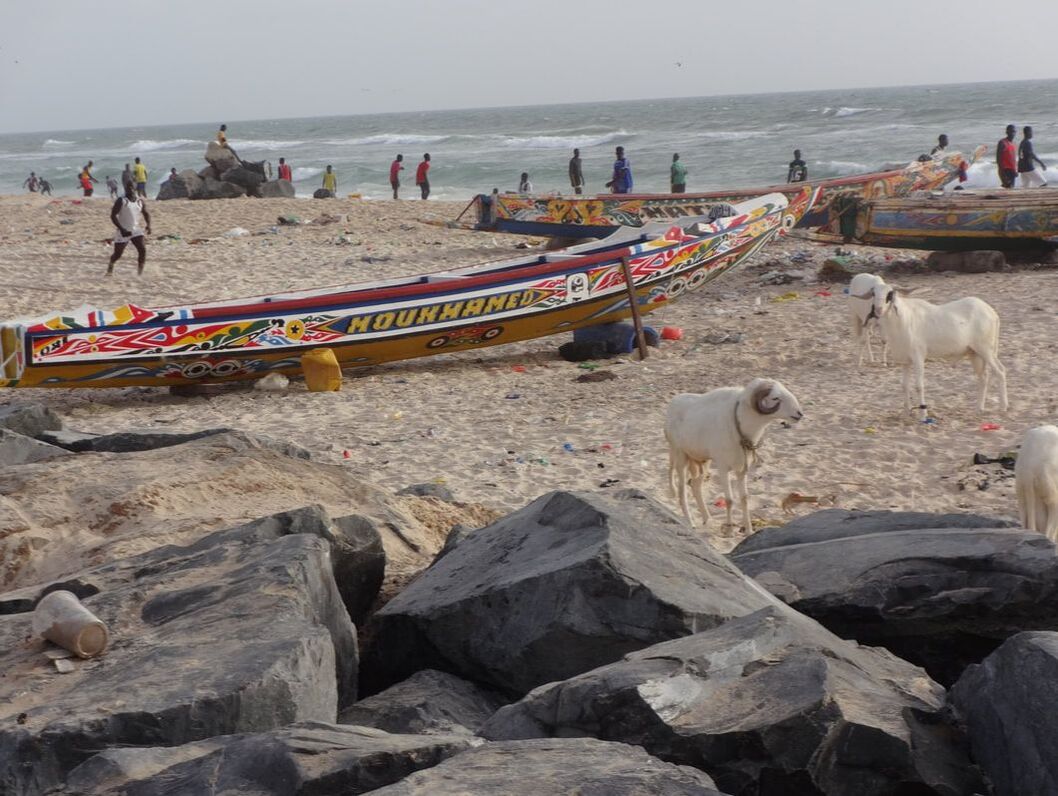|
|
|
Motivated by a need to think in terms of consequences, the language of ‘adaptation’ has become key in approaches tackling climate change.[i] While discussion of adaptation has an older provenance[ii], bodies such as the Intergovernmental Panel on Climate Change (IPCC) have adopted it with a justified urgency, and in ways that have seen adaptation enlisted by diverse actors – and across a variety of approaches – much as if it were a ‘chameleonic’ concept’. That is to say, approaches called adaptation appear ‘able to move further into policy either because they overtly complement institutionalized ideas’ or have ‘chameleon-like qualities which facilitate their translation into policy’.[iii] This understanding helps explain the seeming appeal of the concept but also contains clues as to why prevailing adaptation approaches have been inattentive to the racial determinants of vulnerability to climate change.
As a scholar of migration who had spent several years doing research in Berlin, I have always been interested in the question of displacement in West Africa. I had met many migrants who had arrived from West African countries such as the Gambia, Senegal and Guinea-Bissau in Berlin. It is a well-known fact that significant numbers of people risk perilous journeys to reach Europe. Hence, in collaboration with two researchers I decided to conduct a study in Senegal in order to find out how, why and to what extent small-scale fishers become displaced. Prior to undertaking the research, I had visited Senegal for a holiday and had acquired a fair idea of some of the socio-political issues in the country.
We were fortunate enough to receive some small-scale funding from centres such as MIDEX and C4Globe. We were also fortunate to connect with an interpreter/research assistant in Senegal who spoke English, French and Wolof and assisted us with methodological approaches, conducting interviews and with transcription. He had friends and family in all three of the villages where we did our research, and we had several follow-up questions even after the interviews were conducted. As researchers from the Global North we were aware of our privileged positions, but at the same time the two European-based researchers originated from Nigeria and Pakistan which had a bearing on some of the power dynamics. |
|
Explore Identities at tandfonline.com/GIDE |
|
The views and opinions expressed on The Identities Blog are solely those of the original blog post authors, and not of the journal, Taylor & Francis Group or the University of Glasgow.


